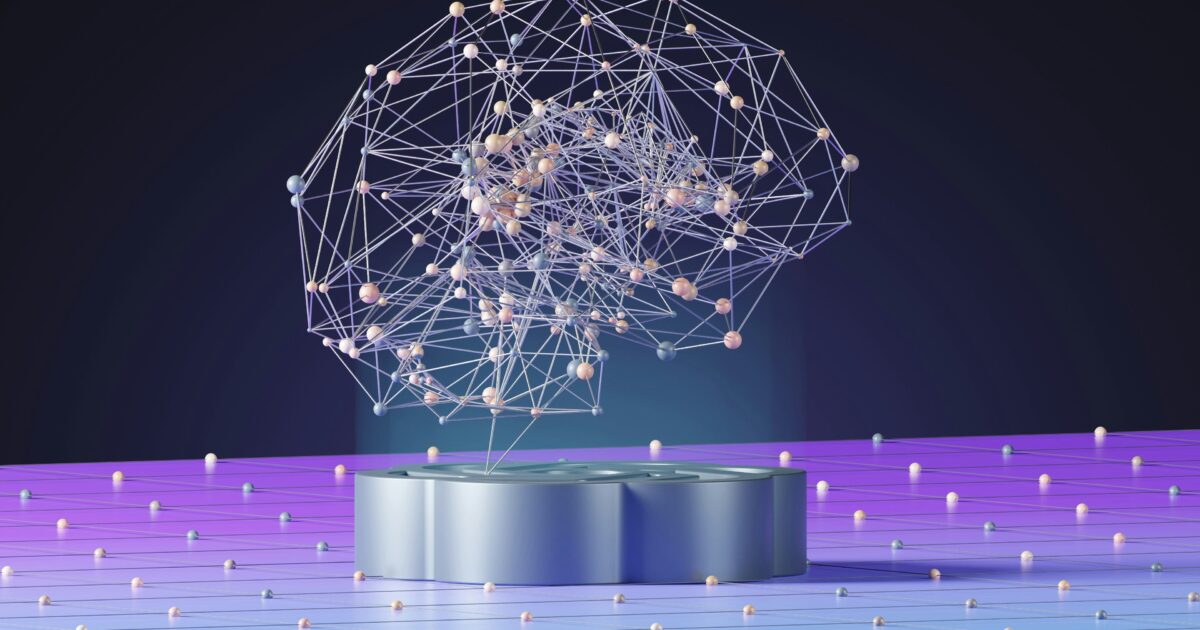The integration of AI and blockchain is creating a groundbreaking new category of technology: AI agents. They’re autonomous, digital entities capable of commerce, collaboration, and creativity — all without human intervention.
By 2026, they’ll be everywhere, handling tasks most businesses haven’t even begun to think about automating. And when paired with blockchain technology, they’re poised to become the backbone of a new digital economy.
Ignoring this trend is like ignoring the early days of the internet. If you haven’t paid attention, you should start now.
The Trillion Dollar Opportunity
With AI driving rapid content generation, by 2025, the world will generate 181 zettabytes of data annually. For businesses and consumers, this tsunami of data presents a critical challenge: How do we cut through the noise, filter what matters, and act on it? How do we make faster, smarter decisions — both online and offline — to stay competitive and informed?
This is where AI agents step in.
They mark a significant leap from traditional AI tools, which are largely reactive, require explicit prompts, and operate within narrow parameters. AI agents, however, are proactive. They learn, reason, and act autonomously. They can break down complex tasks, prioritize them, and adapt strategies in real-time.
AI agents are a product of our time – poised to become the next digital interface driving productivity and revenue, ready to work 24/7.
Take Auto-GPT, an early prototype that autonomously creates marketing campaigns, or JPMorgan’s COiN, which reviews thousands of legal contracts daily—a task that once required 300,000 labor hours annually.
- Sales: AI agents are transforming sales processes by automating lead generation, qualifying prospects, personalizing customer interactions, and even closing deals (cf. Artisan, 11x, etc.)
- Marketing & Customer service: AI agents are automating content creation, personalizing customer experiences, optimizing campaigns, and providing data-driven insights (cf. Aisera, Intercom, Sierra, etc.)
- Coding & Software development: AI agents are rapidly transforming software development, with code copilots leading the charge in adoption (cf. Cursor, Codeium, etc.)
- Ops, Workflow Automation & BI: AI agents transform knowledge management by accessing data silos, enabling unified semantic search across emails, messengers, and documents (cf. Glean, Beam AI, etc.)
These agents aren’t just enhancing workflows; they’re redefining them.
Big tech and big AI have launched AI agents or announced plans to do so. Platforms emerge to build AI agent workforces such as coding assistants, researchers, marketers, or services agents:
- Salesforce recently announced version 2 of “Agentforce” with agents that remember, collaborate, and deliver with short/long-term memory, seamless handoffs, and secure teamwork.
- Google launched its “Vertex AI” platform in 2021, an enterprise development platform for building and using generative AI and agents, counting 300+ corporate use cases already.OpenAI just released ChatGPT “Operator”, an agent capable of executing tasks such as booking a holiday and assisting users autonomously.
At CES in January, NVIDIA CEO Jensen Huang didn’t mince words: “AI agents are a multi-trillion dollar opportunity.”
Crypto and AI: The Perfect Marriage?
In Web3, frameworks, launchpads, payment rails, and applications are emerging, accumulating billions in value:
- Virtuals Protocol, one of the leading marketplaces for on-chain agents, launched over 15,000+ AI agents in six months, generating $45M in fees and engaging 670,000 token holders.
- ElizaOS, a crypto-compatible agent framework developed by ai16z, has exploded in popularity on Github, accumulating more than 13,500 stars. It’s now the most popular open source project in the world.
Crypto-powered AI agents are already making waves:
- Truth Terminal: This memetic AI agent grew the $GOAT token to a 1 billion market cap by gamifying participation and fostering belief systems on social media.
- AIxBT: A crypto data aggregator with over 450,000 X followers, leveraging AI to provide market intelligence and investment insights.
These agents are built on open-source frameworks or closed-sourced “launchpads” that allow users to easily create “tokenized” agents.
Why tokens? Tokens in many AI-agent frameworks serve as technical infrastructure and economic ecosystem, incentivizing development, fund ongoing operations, and align stakeholder interests within a decentralized framework.
These early experiments will look primitive to what’s yet to come as blockchain and AI continue to converge. Maja Vujinovic, an early investor in blockchain and AI, and CEO of OGroup, says:
“AI and crypto: A ‘couple’ that simply works better together. Crypto enables seamless payments for the computing power AI needs and supports decentralized model training, while AI enhances crypto’s usability and efficiency. Both are set to transform our financial system.”
Blockchain is poised to become the fundamental infrastructure for an agentic economy, functioning as an API layer that enables seamless interaction and transactions among AI agents via programmable money and smart contracts.
What’s Next?
The next two years will see exponential growth in AI agent adoption. Businesses must prepare for this shift by investing in AI training and centers of excellence, strategically deploying AI agents in high-impact areas like customer service or sales, and establishing strong data governance frameworks to ensure security, privacy, and compliance.
The question isn’t whether businesses will adopt this technology. It’s whether they’ll do it fast enough to stay competitive.




